Galápagos Marine Education Programme
The Galápagos archipelago is the sharkiest place in the world! This year Daniela and her team will continue their work to conserve the sharks of the Galápagos by encouraging local communities to protect these wonderful species through a marine ambassador’s education programme.
Since I was a kid, I have enjoyed being surrounded by nature. I always loved going to the beach, and collecting shells on the shore was one of my favourite activities. Then when I started scuba diving, I became aware of the wonderful life that exists underwater. I will never forget the first time I saw a hammerhead shark while diving in the Galápagos Islands; it was amazing to watch this shark coming closer, gently moving its strange head. That was when I realised how marvellous and special these animals are. Soon afterwards, I got involved in a project to...
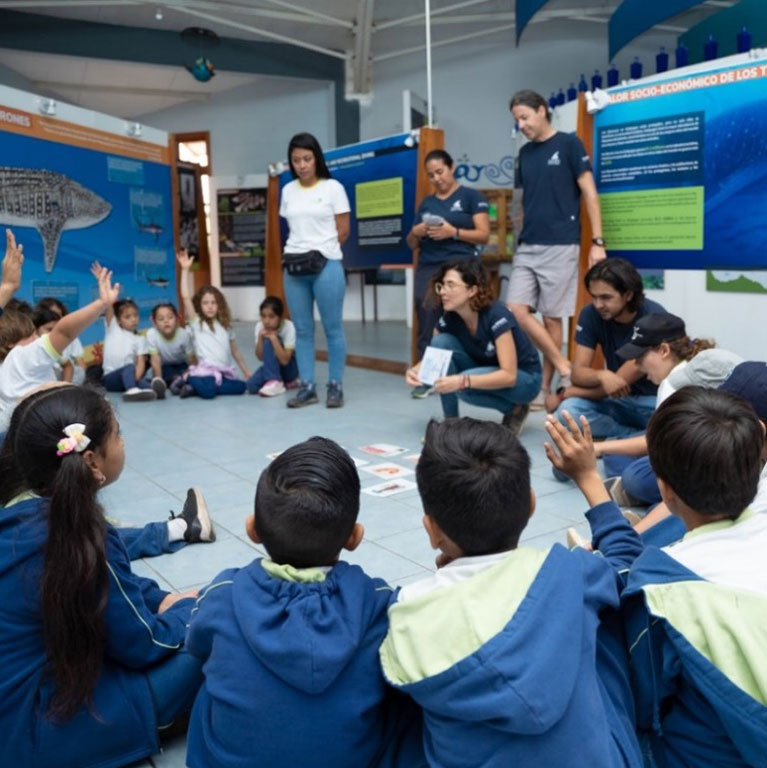
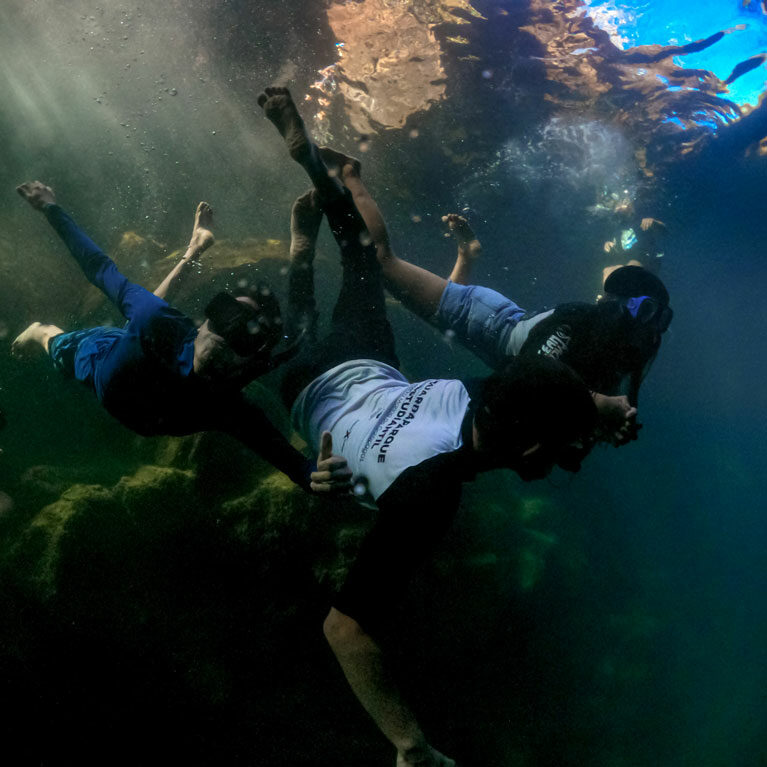
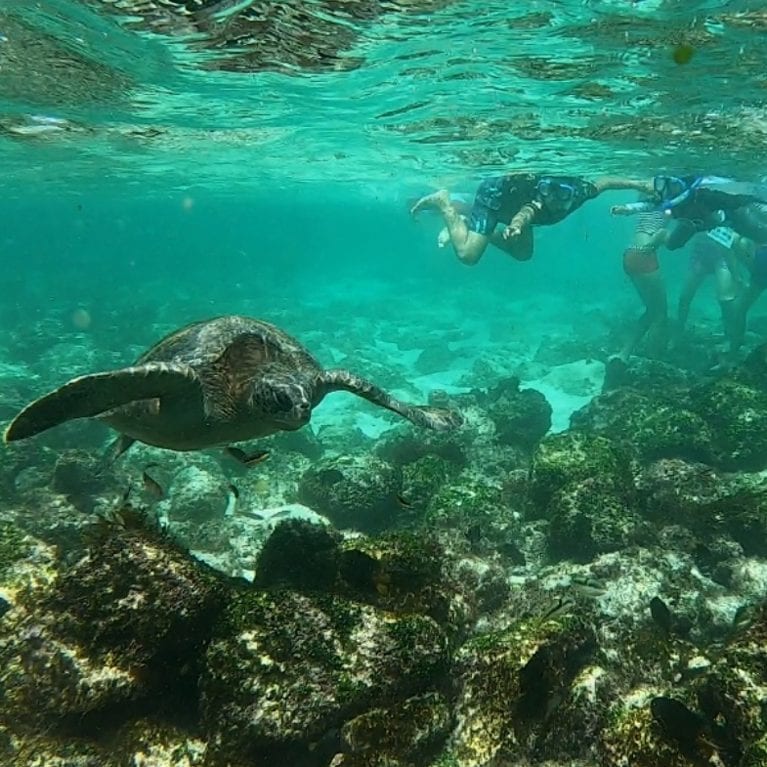
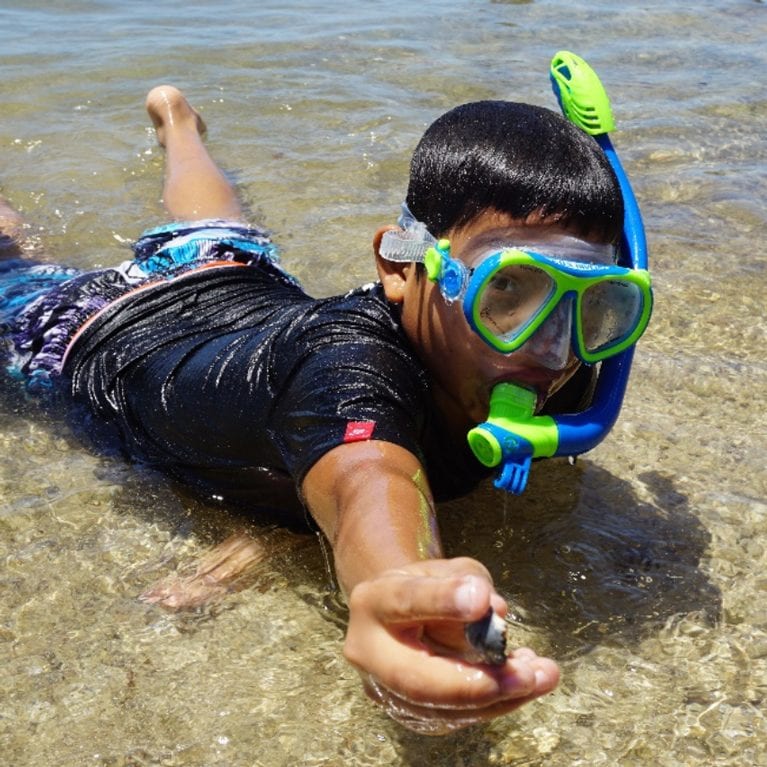
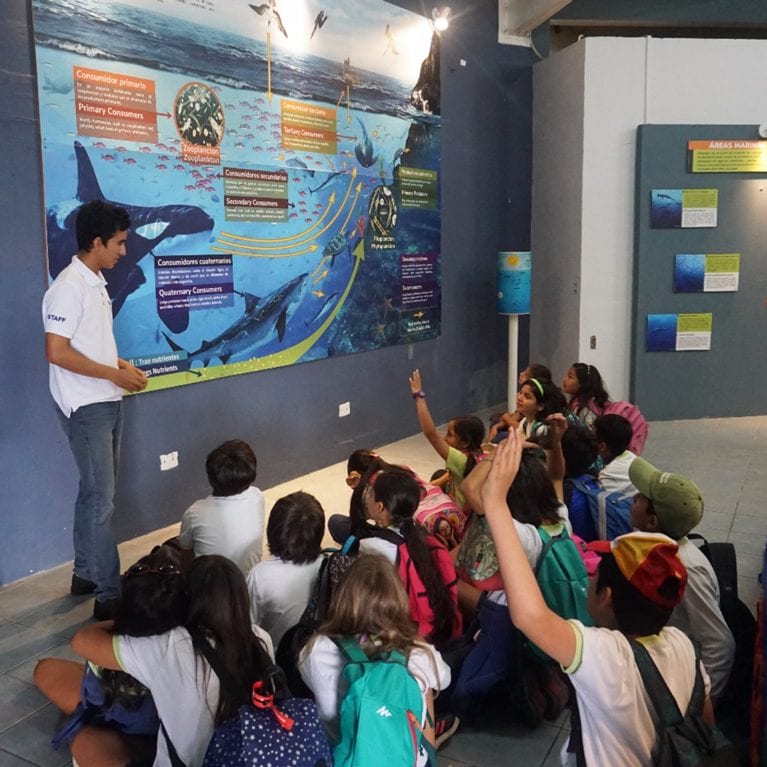
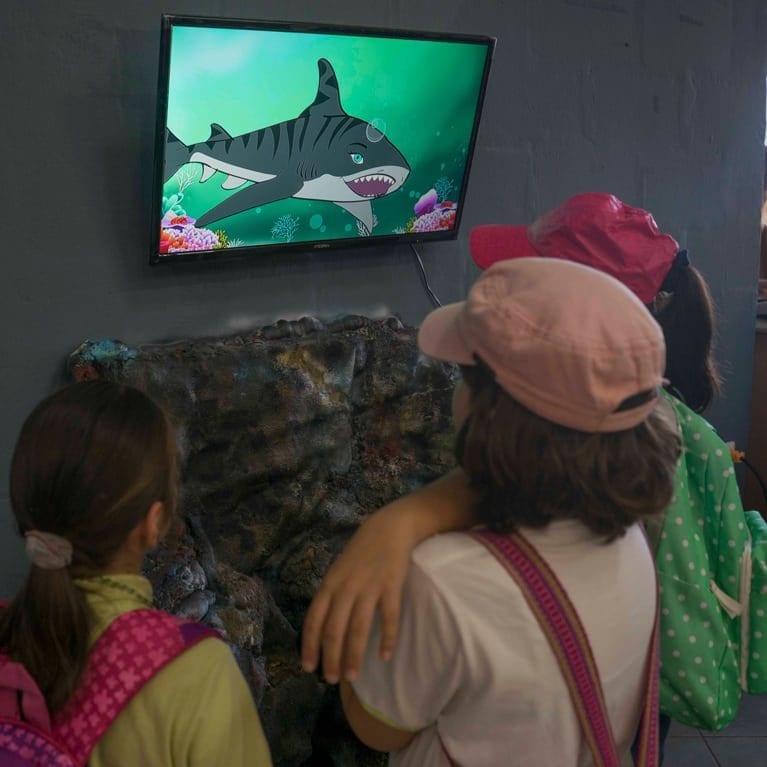
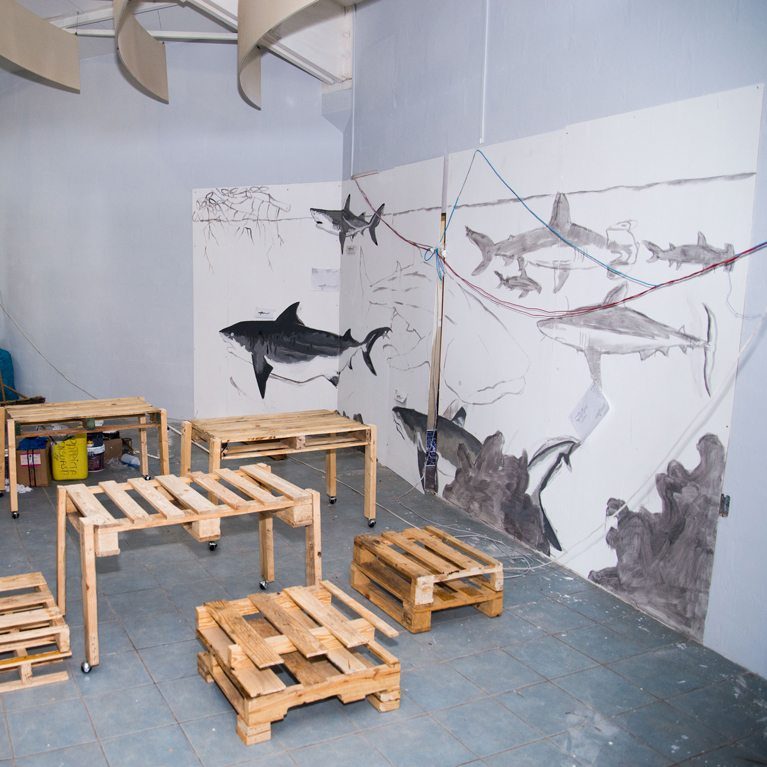
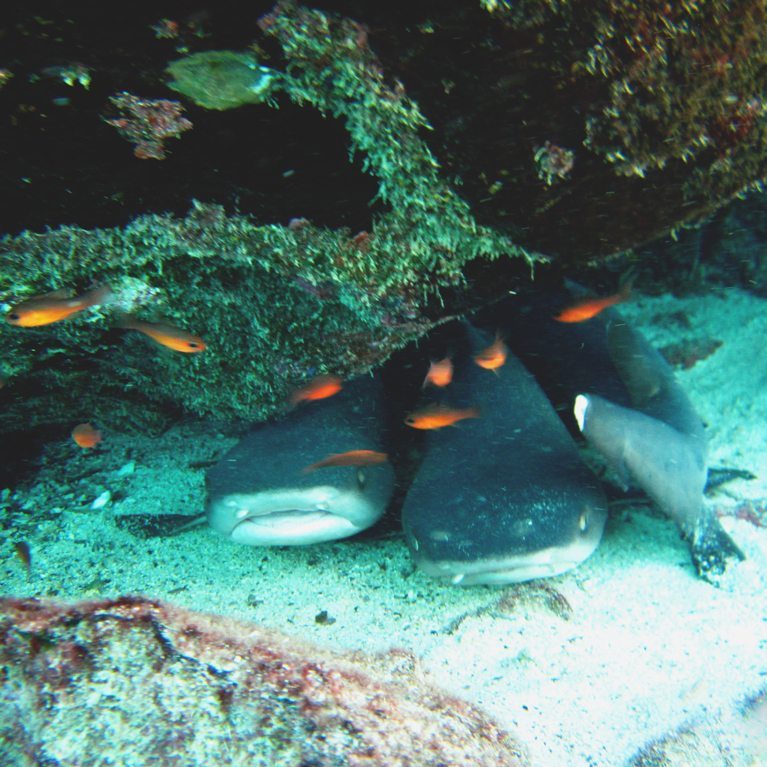
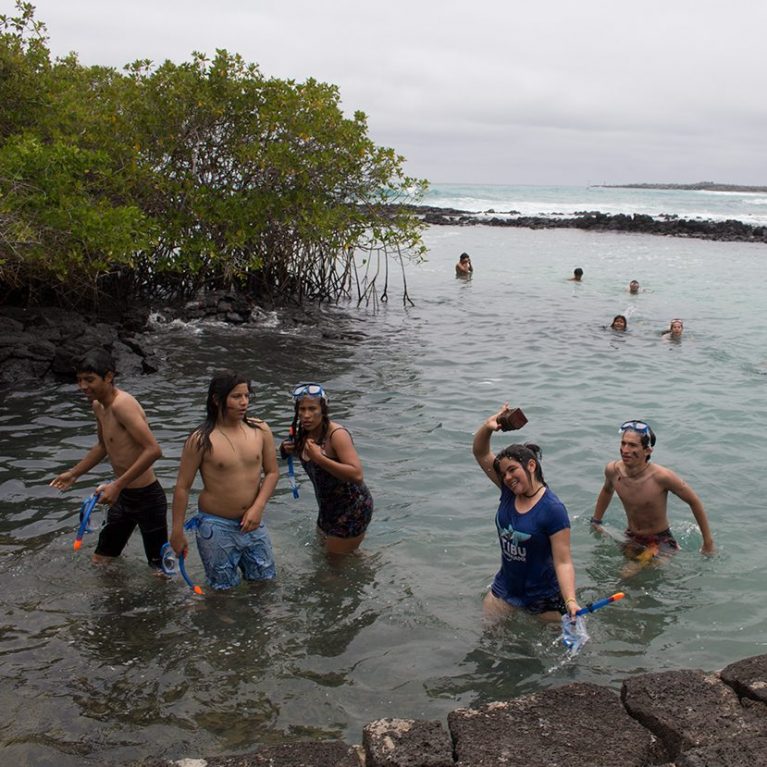
Galápagos Marine Education Program
To involve local students in a marine education program to learn about the importance of ocean conservation, mostly focused on sharks, through experiential activities.
Sharks suffer from a poor public image that makes their conservation somewhat difficult. However, sharks are hugely important for the Galapagos, generating millions of dollars for the tourism industry and keeping oceans healthy by maintaining populations of commercial fisheries. The aim of this project is to transmit knowledge through experience to local children who are the future of the Islands and the next agents of change. The knowledge and experience they acquire will be passed to the next generation, allowing them to understand the importance of protecting one of the last remaining, pristine places on the planet.
The archipelago is an isolated place with approximately 25,000 inhabitants, based on the last census in 2015. It is a little known fact outside of the Galapagos that local communities here face social problems. A growing proportion of young people are likely to come into contact with drugs or become involved in anti-social behavior rather than learning about the unique place in which they live. Regrettably, to date there has been very little information published on this subject, or even support to tackle these issues on the Islands. However, it is clear that teachers and parents have concerns about the future of their children growing up in the Galapagos. It is vital that young people living here are given the opportunity, encouragement and motivation to learn about the pristine place they call home in order that they can develop positive and productive activities in their free time. Empowering children to feel a sense of responsibility for the place where they live, influences their interests, their way of life and through them, has an influence on their families and the wider community too.
Scientific research is often disseminated and communicated in a way that is difficult for non-experts to understand. CDF’s current educational program communicates marine research in a way that encourages the involvement and participation of the Galapagos community. This project is unique. It is the first marine education program for the Galapagos Islands which is focused on sharks. Sharks suffer from a poor public image that makes their conservation somewhat difficult. However, sharks are hugely important here, generating millions of dollars in the tourism industry and keeping oceans healthy by maintaining populations of commercial fisheries. The aim of this project is to transmit knowledge through experience to local children who are the future of the Islands and the next agents of change. The knowledge and experience they acquire will be passed to the next generation, allowing them to understand the importance of protecting one of the last remaining, pristine places on the planet.
- Continue with a second year of the shark ambassadors program as a support for local students to complete 100 hours of compulsory volunteering time to obtain their high school degree.
- Open the shark educational exhibition center for students, tourists and the local community to learn about sharks.
- Invite local teachers and students to participate in CDF’s marine mornings for schools.
- Create a monthly shark club with local students to teach them about marine life through experiential activities with monthly topics.
- Provide Outreach support for the CDF’s shark research team.

